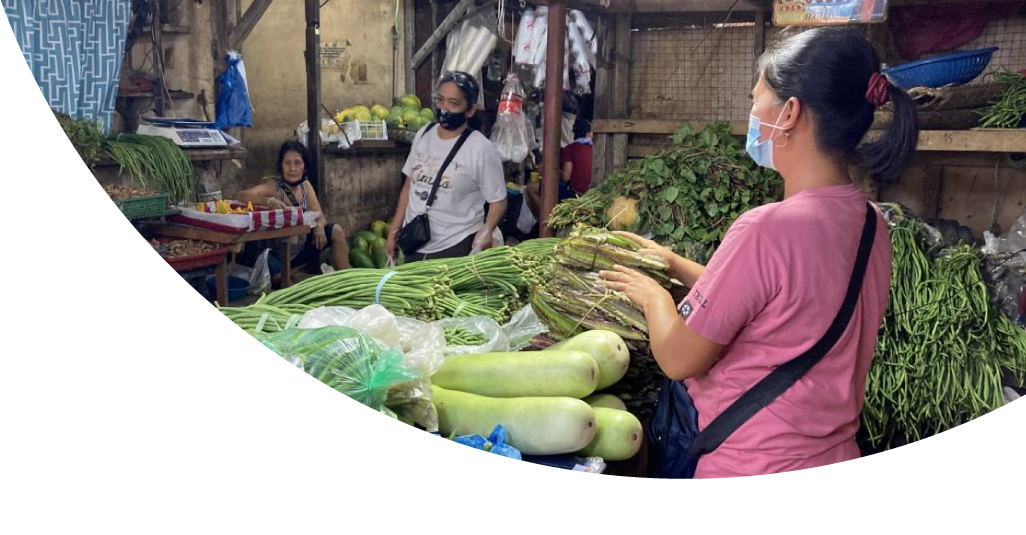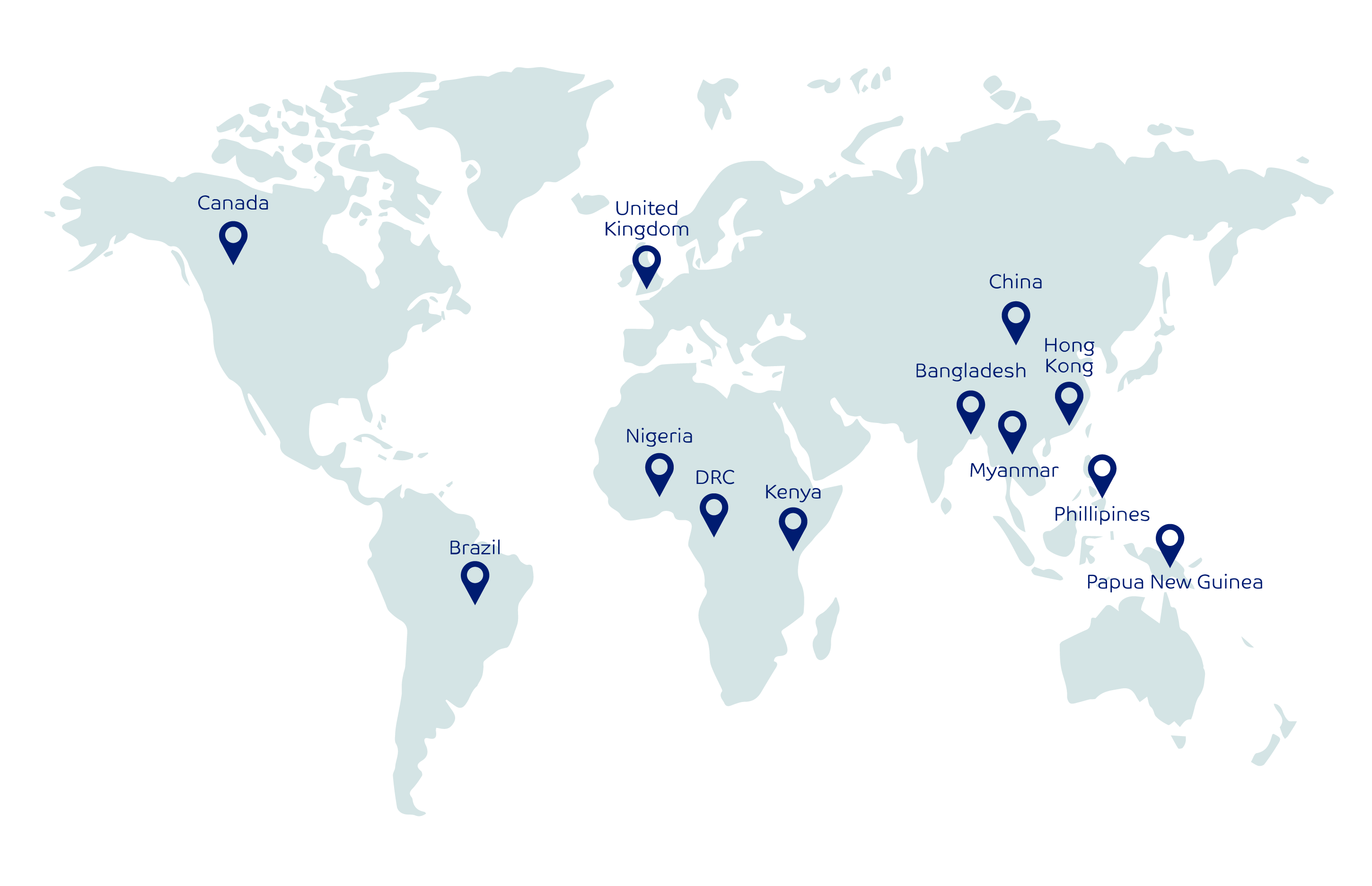The Philippines
The Philippines is one of the most high-risk countries as a result of the threat of COVID-19 pandemic. From early March 2020, the government announced a lock-down of metro Manilla and this closely followed by the entire Luzon Island and continued across a number of localised lock-downs. The country declared a state of calamity (emergency) for a 10-month period from 17 March, 2020.
In mid 2021, cases across the country where still recording increases. In June, there were over 1.28m cases, and over 22,000 deaths. The top four provincial governments fighting the outbreak include Metro Manilla (511,000 cases), Calabarzon (222,000 cases), Central Luzon (115,000 cases) and Central Visayas (67,300 cases).
In the Philippines some progress has been made in gender equality, but significant income inequality for women, girls and minority groups remains persistent. The unequal access to productive resources, markets and institutions, continues to hamper the realisation of women’s and minority groups human and productive potential.
Further placing pressure on all citizens, the Philippines economy shrank by more than expected in the first quarter of 2021. The country is expected to endure a pandemic-driven recession and predicted to have Southeast Asia’s slowest recovery in 2021. This situation is expected to drive unemployment, and place pressures on social systems and doesn’t appear to show signs of any considerable improvement. There are a number of studies underway by NGOs and agencies on the effects of the virus outbreak in the Philippines, these include a focus on gender, wet markets, health and education.
The collaborative study (with partners in Western Visayas) aims to develop an evidence-based approach that identifies the specific risk of economic hardship and food insecurity that women have experienced during the first year of the COVID-19 pandemic. The second stage will listen to women working in small-scale agricultural and food sectors to hear what they identify as necessary to secure food and income.
This pilot country study is being led by Griffith University, and funded by the Australian Centre for International Agriculture Research (ACIAR) and encompasses a mixed-method research design through surveys and ‘deep dive’ field work consultations. This research project will collaborate with the Gender and Covid-19 Working Group to produce analysis that compares the gendered impacts of the Covid-19 pandemic, develop reliable estimates of food insecurity and, identify necessary steps to develop gender responsive economic recovery packages.
Posts on The Philippines

The Philippines
The Philippines is one of the most high-risk countries as a result of the threat of COVID-19 pandemic. From early March 2020, the government announced a lock-down of metro Manilla and this closely followed by the entire Luzon Island and continued across a number of localised lock-downs. The country declared a state of calamity (emergency) for a 10-month period from 17 March, 2020.
In mid 2021, cases across the country where still recording increases. In June, there were over 1.28m cases, and over 22,000 deaths. The top four provincial governments fighting the outbreak include Metro Manilla (511,000 cases), Calabarzon (222,000 cases), Central Luzon (115,000 cases) and Central Visayas (67,300 cases).
In the Philippines some progress has been made in gender equality, but significant income inequality for women, girls and minority groups remains persistent. The unequal access to productive resources, markets and institutions, continues to hamper the realisation of women’s and minority groups human and productive potential.
Further placing pressure on all citizens, the Philippines economy shrank by more than expected in the first quarter of 2021. The country is expected to endure a pandemic-driven recession and predicted to have Southeast Asia’s slowest recovery in 2021. This situation is expected to drive unemployment, and place pressures on social systems and doesn’t appear to show signs of any considerable improvement. There are a number of studies underway by NGOs and agencies on the effects of the virus outbreak in the Philippines, these include a focus on gender, wet markets, health and education.
The collaborative study (with partners in Western Visayas) aims to develop an evidence-based approach that identifies the specific risk of economic hardship and food insecurity that women have experienced during the first year of the COVID-19 pandemic. The second stage will listen to women working in small-scale agricultural and food sectors to hear what they identify as necessary to secure food and income.
This pilot country study is being led by Griffith University, and funded by the Australian Centre for International Agriculture Research (ACIAR) and encompasses a mixed-method research design through surveys and ‘deep dive’ field work consultations. This research project will collaborate with the Gender and Covid-19 Working Group to produce analysis that compares the gendered impacts of the Covid-19 pandemic, develop reliable estimates of food insecurity and, identify necessary steps to develop gender responsive economic recovery packages.








